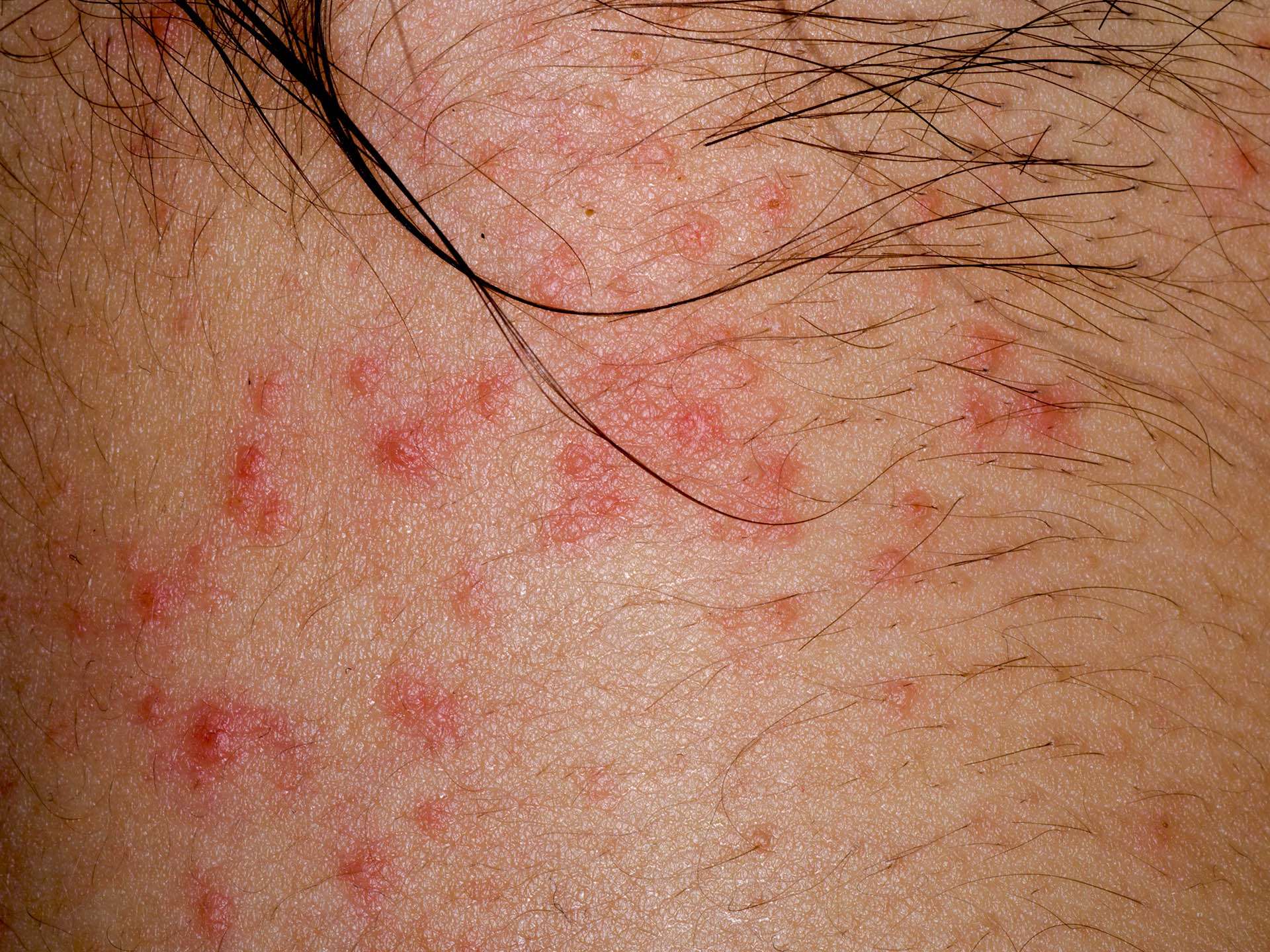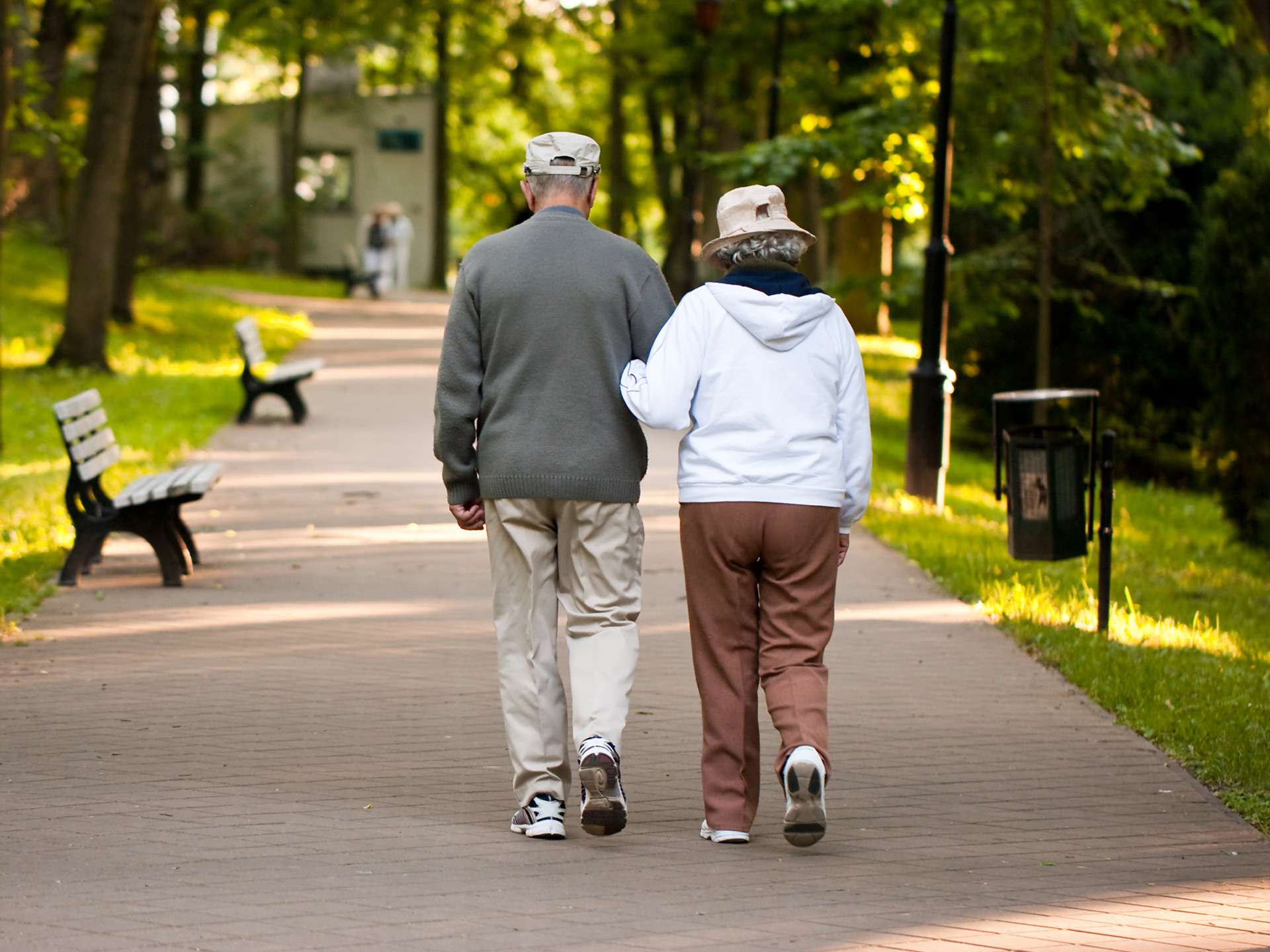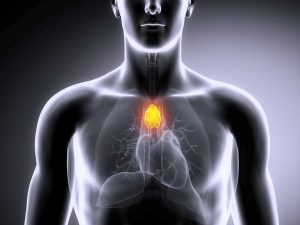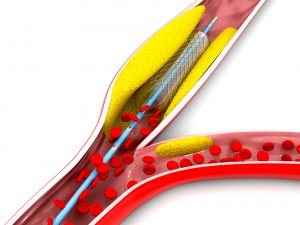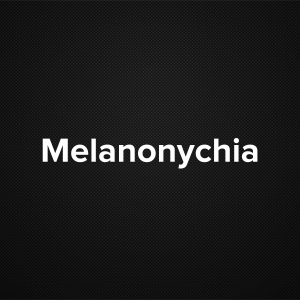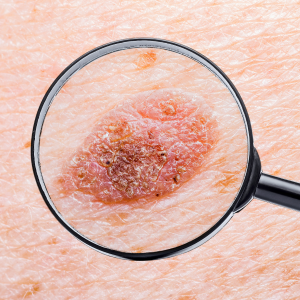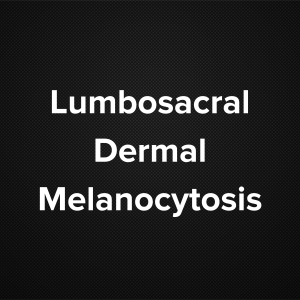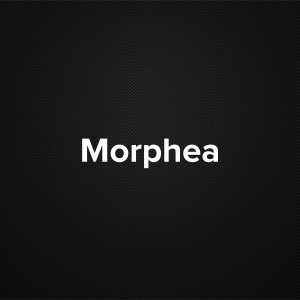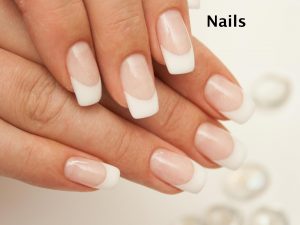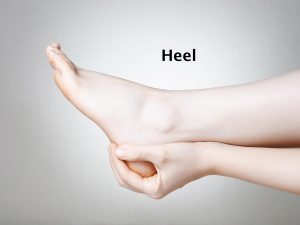The main symptom of eczema is the presence of dry and scaly skin. This commonly occurs in legs and arms. Other sites of infection include knees, scalp, feet, and face. The affected areas might look red and might change their color to brown over time. In some cases, there is also oozing and crusting over the skin in the area. There is no particular vulnerability range for eczema. It can affect young as well as the old. The cause of this condition is not determined accurately. What is known until now is that it is caused due to overactivity of one’s immune system. The immune system stays in a fight-mode for greater number of factors than it would in a normal person. These factors include environmental, allergens, dry skin, emotional issues, , and infection in the upper respiratory system.
Eczema is not contagious. While it cannot spread directly from person to person, it can be inherited. Recently, a group of scientists found a mutation in the CTIP2 gene, which regulates the structure of the skin. It is speculated that this could be connected to eczema. Mutations in the genes can lower the strength of the skin and lead to moisture sneaking into the body. You cannot contract eczema by the things a patient uses or by exchanging fluids with them.
Eczema is caused due to leaky skin. This is the condition where the layers of the skin which are weak break down gradually and lose their capacity to soak moisture. This allows the allergens, toxins, and irritants to enter the body.
While there is no cure for eczema, many steps are taken to relieve the symptoms. Eczema patients are recommended to take bath twice every day with a hypoallergenic and mild soap. Moreover, some patients are also instructed to pour a capful of bleach into the tub which would kill unwanted bacteria on their skin immediately. The bath should be followed by application of mild cream or lotion to preserve the moisture. This is often called the ‘soap and seal’ method. They are also advised not to wear tight clothes which can suffocate their skin. Instead of using extremely hot or cold water, they are asked to use lukewarm water for their baths.
Eczema is not contagious. While it cannot spread directly from person to person, it can be inherited.
